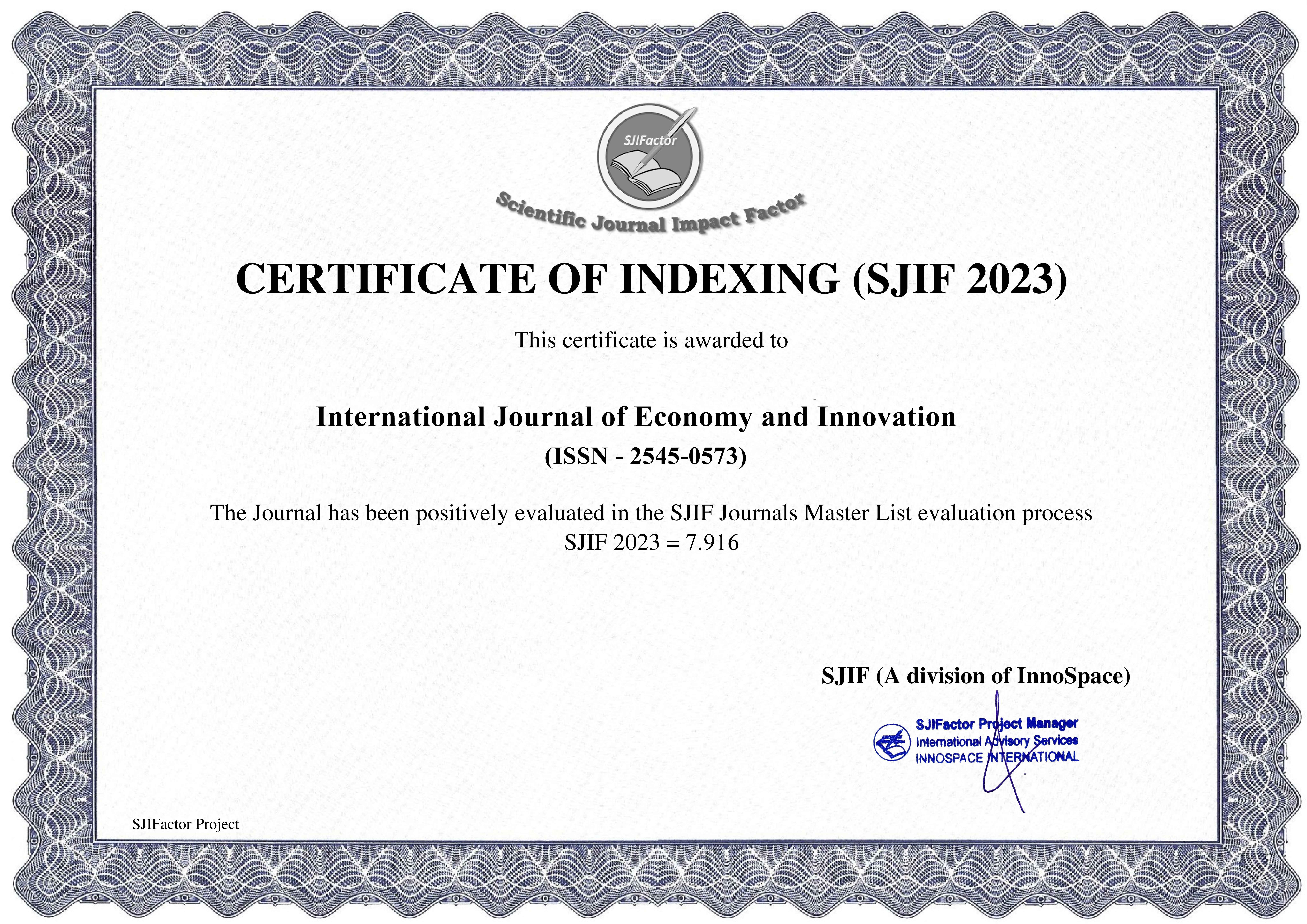Digital Banking and Economic Development: Assessing the Impact on Uzbekistan’s Economy
Keywords:
Digital Banking, Economic Development, Uzbekistan, Financial Inclusion, Economic IndicatorsAbstract
This paper examines the impact of digital banking on economic development in Uzbekistan, focusing on how the adoption of digital financial services influences various economic indicators. As Uzbekistan undergoes significant economic reforms and embraces digital transformation, the role of digital banking becomes increasingly critical in promoting financial inclusion, enhancing access to capital, and improving the efficiency of financial transactions. The study employs a mixed-methods approach, combining quantitative analysis of economic data and digital banking adoption rates with qualitative insights from interviews with industry experts, policymakers, and banking professionals. The findings reveal that digital banking has positively contributed to economic development by facilitating increased access to financial services for individuals and small businesses, particularly in rural areas. Additionally, the research highlights the role of digital banking in promoting transparency and reducing corruption, which are essential for fostering a stable economic environment. However, challenges such as limited digital literacy, cybersecurity risks, and regulatory barriers remain significant hurdles to maximizing the benefits of digital banking. The paper concludes with recommendations for policymakers and financial institutions to enhance the digital banking ecosystem in Uzbekistan, ultimately contributing to sustainable economic growth and development.

















